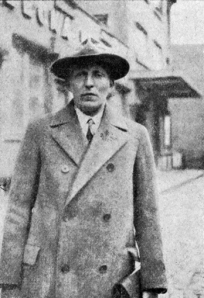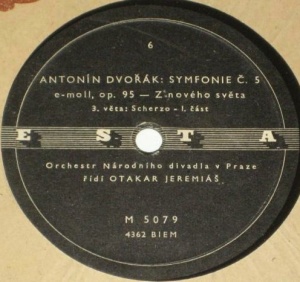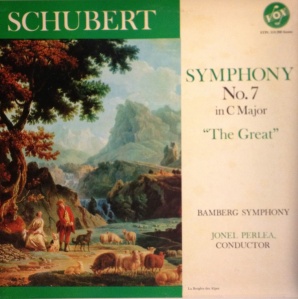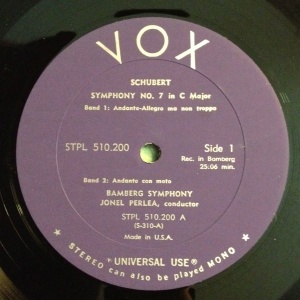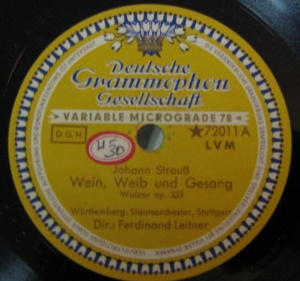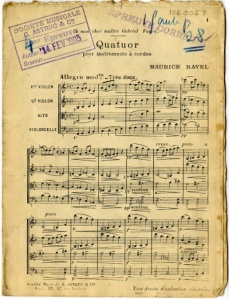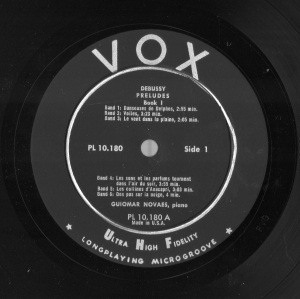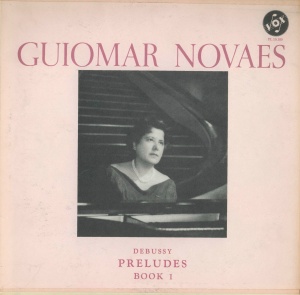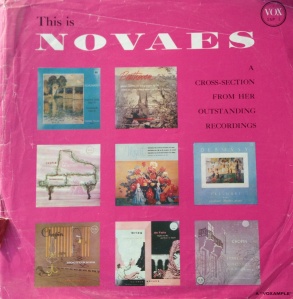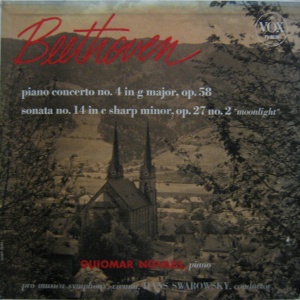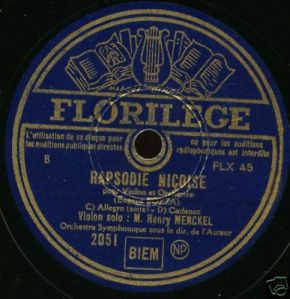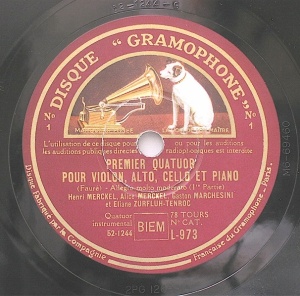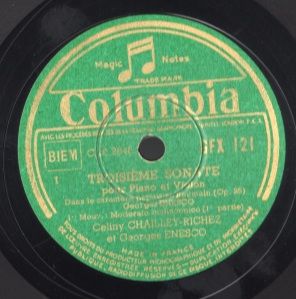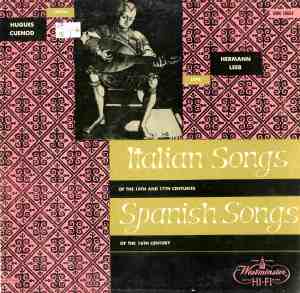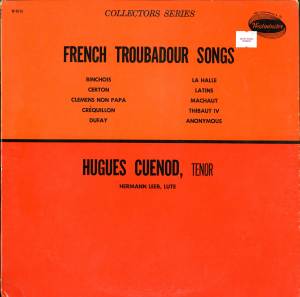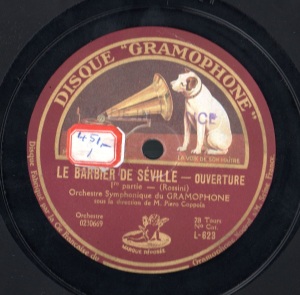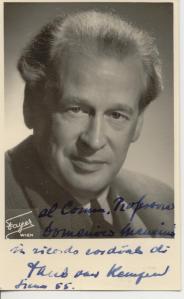
Happy late Thanksgiving to everyone! The holiday weekend has given me a little bit of time to work on transfers, so here is another installment of Polydor recordings by conductor Paul van Kempen. This will be the last batch comprised exclusively of Polydor material, but I DO have the Telefunken Sibelius 7th and some Hilversum Philharmonic material on Philips 78s in the pipeline. Also, I’ve discovered that there are two different Polydor versions of Liszt’s Les Preludes, so I will have the alternate version available as well. In addition to the concerto recordings with Wilhelm Kempff, Vasa Prihoda, Enrico Mainardi, Gioconda de Vito and Georg Kulenkampff, which have either been somewhat readily available or have been unavailable to me, there is probably at least a cd’s worth of Polydor items that I have not been able to locate. But, I can’t thank my friend Mike Gartz enough for allowing access to these rare items, and also putting up with my monopolizing his audio system for hours on end while dubbing these records during my visits! Thanks also to Neil for the scan of the autographed photo!
Beethoven Symphony No. 5 in C Minor, Op. 67
Polydor 67635/39 (matr. 1509-1517 GE)
July 7, 1941
Beethoven: Die Geschöpfe des Prometheus:
Overture and Ballettmusik Nr. 8. Allegro con brio
Polydor 15488/89 (matr. 1683-86 GS 9)
July 7, 1941
Gluck: Orphée et Eurydice:
No. 29, Ballet (Dance of the Blessed Spirits)
No. 30, Ballet (Melodie)
Willi Pretzsch, Flute soloist
Polydor 57155 (matr. 1681-82 GS 9)
July 7, 1941
Lortzing: Zar und Zimmermann, Overture
Polydor 57161 (matr. 1734-35 GS 9)
December 29, 1941
Cornelius: Der Barbier von Baghdad, Overture
Polydor 57162 (matr. 1736-37 GS 9)
December 29, 1941
Berlioz: Le carnaval romain, Ouverture, Op. 9
Polydor 57276 (matr. 1746-47 GS 9)
December 29, 1941
Paul van Kempen, Conductor
Dresden Philharmonic Orchestra

